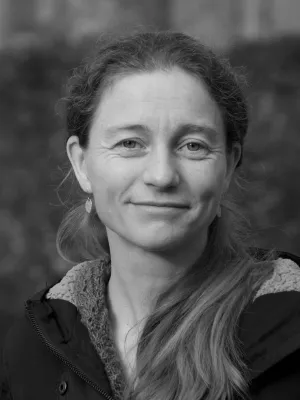
Katinka Johansen
Postdoctoral fellow

A niche technique overlooked in the Danish district heating sector? Exploring socio-technical perspectives of short-term thermal energy storage for building energy flexibility
Author
Summary, in English
This research explores socio-technical perspectives of the demand-side management strategy of using the built environment for short term thermal energy storage. Here conceptualised as a niche innovation within the Danish socio-technical district heating landscapes, the research explores potentials and limitations of this building energy flexibility strategy from the perspective of district heating sector professionals, actors at the centre of the low-carbon energy transitions. Results of the mixed-methods abductive research enquiry suggest that this energy flexibility strategy facilitates (I) solving local network congestion challenges in smaller parts of existing networks and (II) reduces needed network capacity in new heat supply areas. Sector professionals assess this (III) energy flexibility strategy as most practicable in large-scale/commercial buildings and industries. Challenges include hardware balancing, service and maintenance, and the sometimes counterproductive incentive structures among stakeholders involved. Research evidence suggests that business models appealing to environmental values and priorities may incentivise sustainable heat-use behaviours more than economic benefit alone among some groups of end users. Building energy flexibility and demand-side management strategies may become integral to future ‘smart’ energy systems throughout the world. However, their successful implementation necessitates understanding the local socio-technical dynamics involved. Multidisciplinary research approaches as the one taken here facilitate these necessary insights.
Department/s
- Department of Sociology
Publishing year
2022
Language
English
Publication/Series
Energy
Volume
256
Document type
Journal article
Publisher
Elsevier
Topic
- Energy Systems
Keywords
- Demand-side management
- District heating
- Energy flexibility
- Energy transition
- Innovation
- Socio-technical
Status
Published
ISBN/ISSN/Other
- ISSN: 0360-5442

